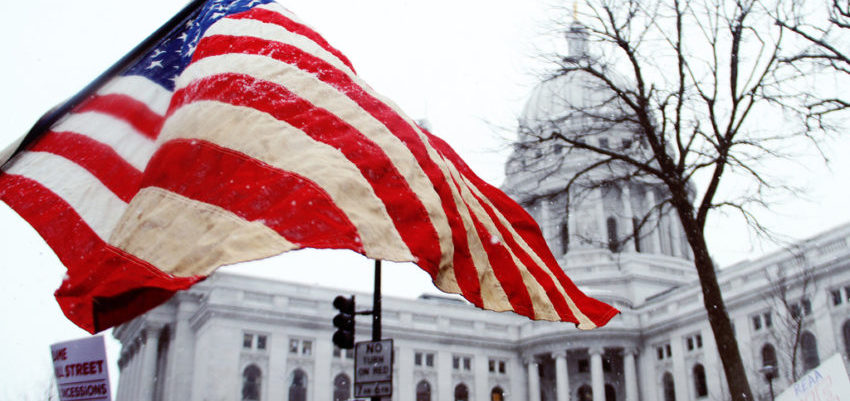
MacIver News Service | March 15, 2019
Happy Friday! As Gov. Tony Evers’ budget continues to make news, and more and more analyses are published, the economy continues to move along. This week, new data shows manufacturing is growing again in America, and new reports show one approach to make employer-based healthcare better. Here are a few articles from this week that every fiscal conservative should read.
Evers’ Tax Increase on Manufacturers Would Hit Farmers, Too
A memo from the nonpartisan Legislative Fiscal Bureau reveals that Gov. Evers’ plan to raise taxes for some would also end tax relief for food manufacturers. This memo said that a quarter of manufacturers who claimed the Manufacturing and Agriculture Tax Credit (MAC) have deep ties to agriculture. This memo shows that the tax increase would affect farmer and other food producers important to the Wisconsin economy, despite Evers’ administration claims otherwise.
Nationwide Manufacturing and Construction Grew in January
The Census Bureau released numbers Wednesday indicating a rebound after a lackluster end to 2018. In January, construction spending nationwide rose 1.3 percent after falling 0.8 percent last December. New orders for manufacturing goods also rose 0.4 percent. Economists are hopeful that this uptick means the economy will rebound after the struggles of late last year.
How Employers are Fixing Health Care
In an article for the Harvard Business Review, Lisa Woods, Jonathan Slotkin, and M. Ruth Coleman explore a new approach to health care that Walmart is trying in an effort to improve quality while decreasing costs. The study has found that Walmart’s new travel program for healthcare allows costs to go down, and allows employees to return to work sooner.
Cohn: U.S. Losing Tariff War
Former White House chief economic advisor Gary Cohn said that the Trump administration’s tariffs are not working, and the United States is losing the trade war as a result. The U.S. trade deficit continued to rise last year, despite an increase in tariffs placed on aluminum and steel. Cohn blamed Peter Navarro and Commerce Secretary Wilbur Ross for the trade wars. The full interview with Freakonomics can be found here.